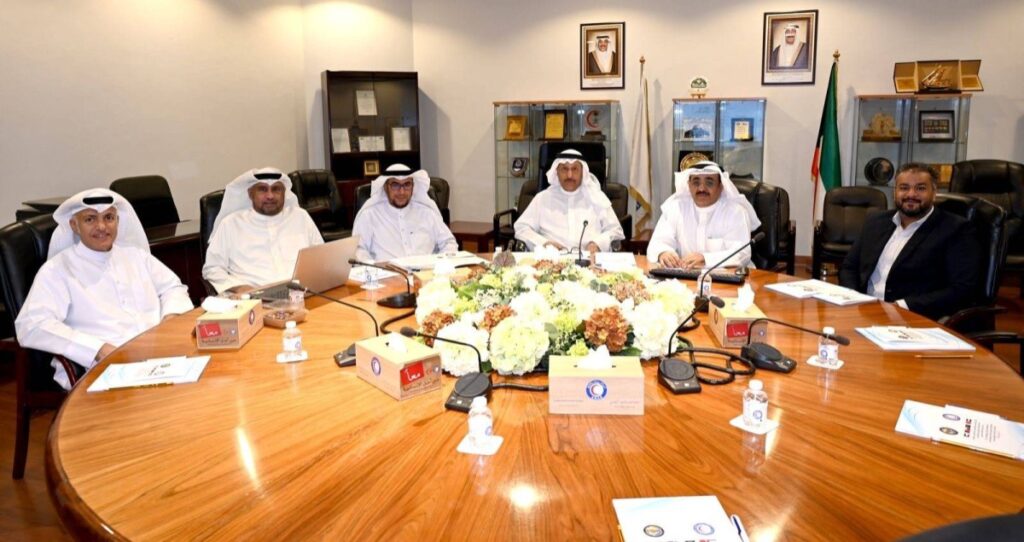KUWAIT: Acting Director General of the Kuwait Institute for Scientific Research (KISR) Dr Faisal Al-Humaidan affirmed the institute’s full readiness to support national efforts aimed at bolstering preparedness and response capabilities in the event of radiological or nuclear incidents. In a press statement issued Thursday, Al-Humaidan stressed that KISR is committed to placing all its scientific and technical capabilities at the disposal of the state, in coordination with relevant authorities and in line with approved national frameworks, to safeguard public health and protect the environment.
He noted that the institute is well-equipped to provide scientific consultations and technical support to decision-makers, thereby strengthening the country’s ability to respond to radiological and nuclear emergencies in a systematic, evidence-based manner that minimizes potential risks. Al-Humaidan highlighted KISR’s pivotal role in supporting the national emergency response plan, pointing to its advanced infrastructure which includes a comprehensive radiation monitoring network. This system enables precise detection and analysis of airborne radiation levels and identification of both natural and industrial radioactive sources.

Acting Director General of the Kuwait Institute for Scientific Research, Dr Faisal Al-Humaidan
He added that KISR operates specialized laboratories capable of analyzing radioactive concentrations across various environmental media, including soil, air, water, marine sediments, and food products—utilizing cutting-edge technologies. The institute also employs sophisticated digital simulation tools to forecast the spread and concentration of radioactive substances in air and water with spatial and temporal accuracy. These predictive models provide vital data to assist authorities in taking proactive precautionary measures.
Al-Humaidan underlined KISR’s longstanding international cooperation in radiation protection and nuclear emergency preparedness, noting that the institute represents Kuwait in global scientific forums. He said KISR’s experts have contributed to drafting and updating technical manuals and procedures in line with international standards and best practices. He further emphasized the importance of public awareness and responsible media reporting, urging the use of official and credible sources when disseminating technical information. “Accurate information plays a vital role in boosting public trust and ensuring efficient crisis management,” he said.
In another development, The Board of Directors of the Kuwait Red Crescent Society (KRCS) held an extraordinary meeting to review the precautionary measures adopted by the society in light of the current regional developments and to bolster its emergency preparedness and rapid response capabilities. Following the meeting, KRCS Chairman Ambassador Khaled Al-Mughamis told KUNA that the Society is closely monitoring ongoing regional developments and remains firmly committed to fulfilling its humanitarian and relief responsibilities both locally and abroad, in coordination with relevant authorities.
Al-Mughamis noted that the board has activated coordination mechanisms with concerned government agencies to ensure swift and effective responses to any potential emergencies. He added that field plans have been drawn up to secure essential medical supplies, food stocks, and logistical equipment necessary for immediate deployment. He also praised the precautionary measures taken by the state amid current regional tensions, lauding the government’s efforts to safeguard national security and ensure the safety of citizens and residents. — KUNA

